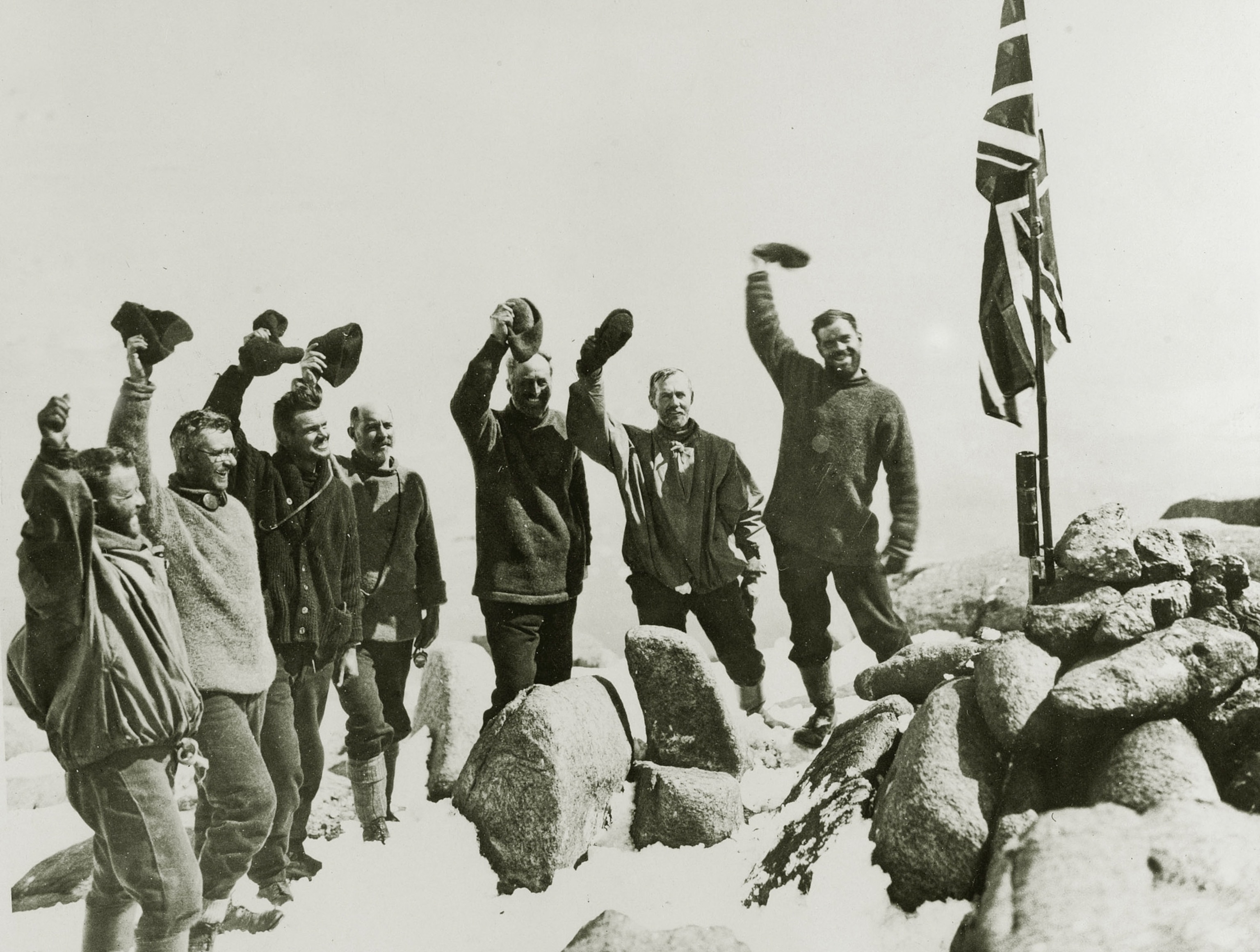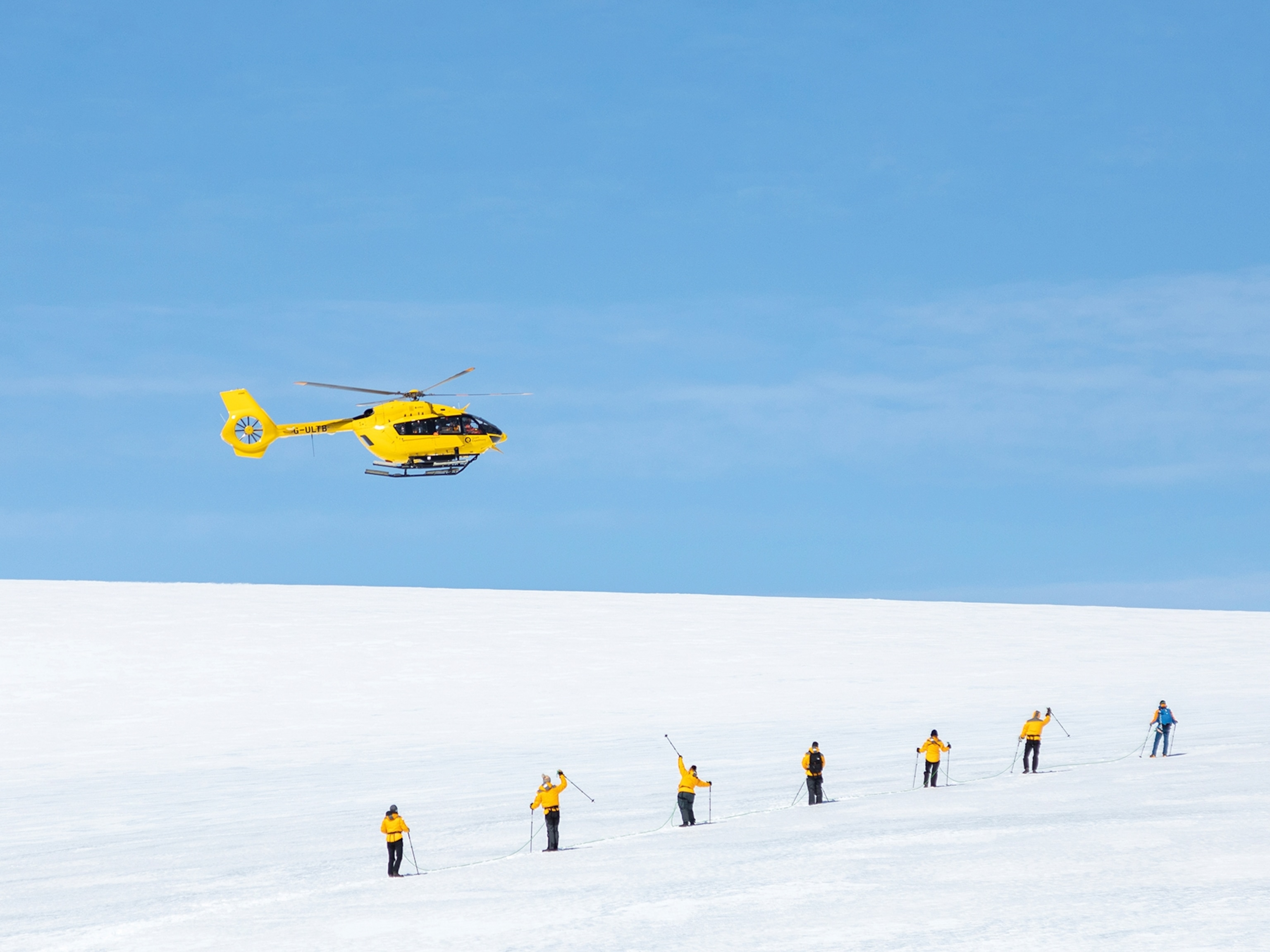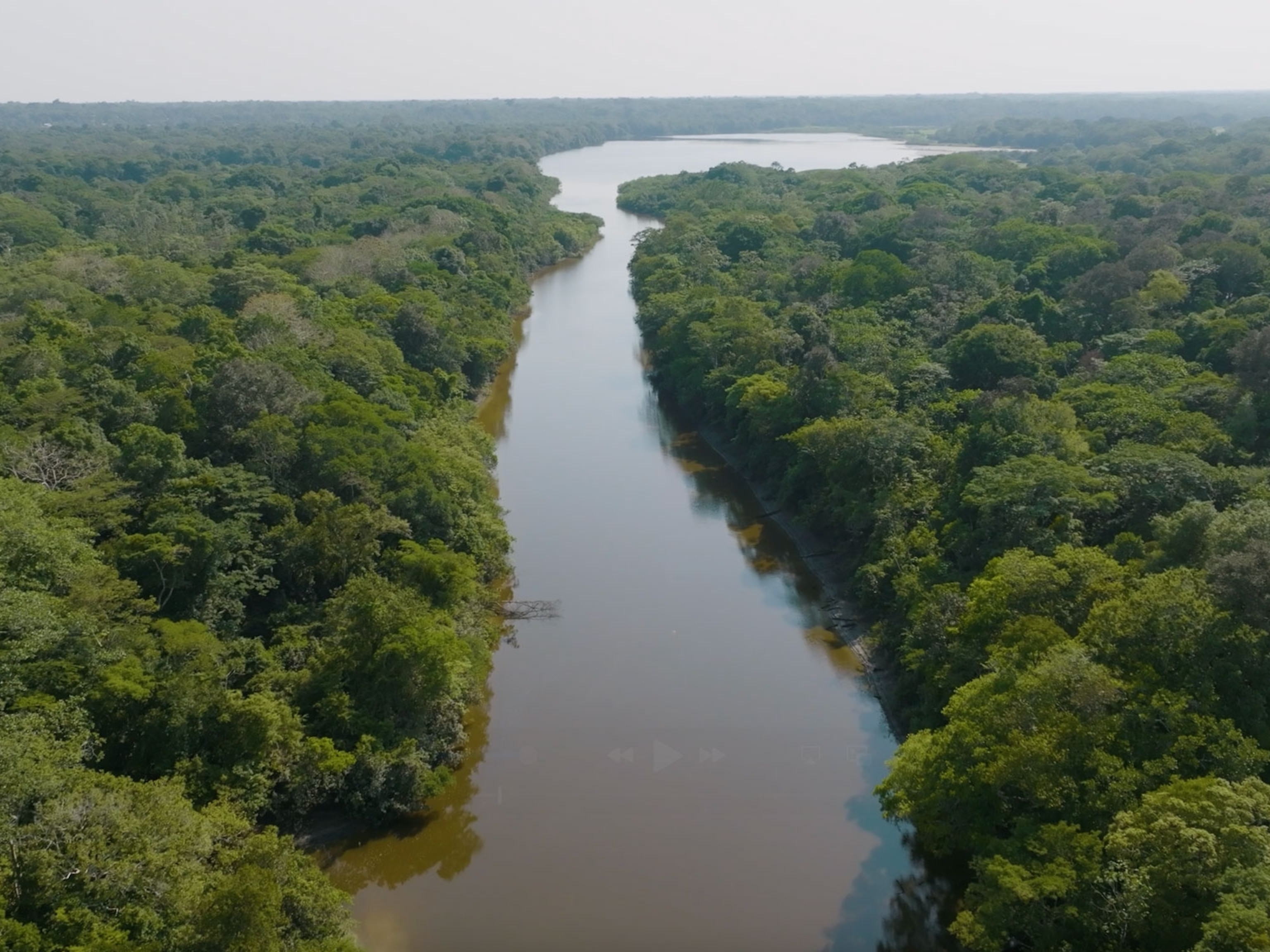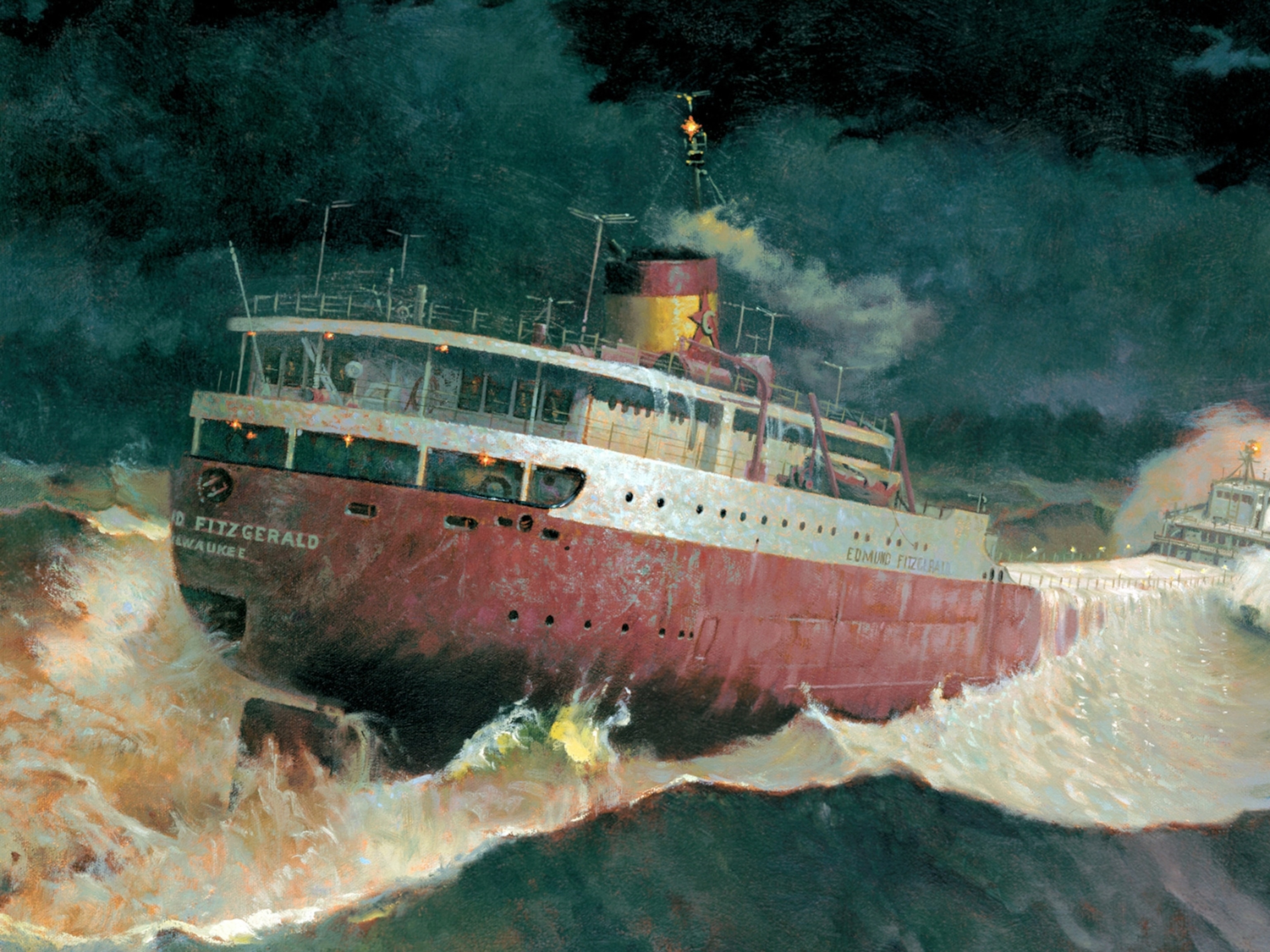
Opinion: Rescued Antarctic Group Aren't Heroes
The passengers aboard the stranded ship felt oddly entitled, writer argues.
When the Russian research ship Akademik Shokalskiy got stuck in the ice off the Antarctic coast on Christmas Eve, it created a drama that quickly grabbed the world's attention.
Why they got so much attention is another question. The 52 scientists, journalists, and tourists on the ship acted entitled instead of being embarrassed by their entirely avoidable predicament.
The members of the Australasian Antarctic Expedition 2013-2014 (AAE)—who intended to re-create a very small part of Sir Douglas Mawson's original monumental expedition of 1911-14—seemed strangely blasé—even giddily upbeat—during their ten days stranded in the ice. (Related: "Antarctic Ship Rescue: 5 Lessons From the Trapped-Vessel Drama.")
They recorded a New Year's Eve sing-along for YouTube and chatted about yoga classes and knot-tying lessons to while away the time.
On their Spirit of Mawson expedition blog, one passenger signed off on December 28: "It's Saturday and it's bar-time (bar opens at 6 pm), so I am going to leave it here."
They even seemed to relish their crisis. The BBC quoted Tracy Rogers, the team's marine ecologist, as saying, "It's fantastic—I love it when the ice wins and we don't. It reminds you that as humans, we don't control everything ... We've got several penguins watching us, thinking 'What the hell are you doing stuck in our ice?' The sky is a beautiful grey—it looks like it wants to have a bit of a snow. It's the perfect Christmas, really."
For many seasoned adventurers, the team's attitude was hard to swallow. It seemed to betoken a new kind of entitlement, in which folks who get into serious trouble take it for granted that other people will risk their lives to save them. (Related: "Best Pictures From Dramatic Antarctic Ship Rescue.")
The Real Heroes
Perversely, for the general public, the hapless passengers seemed to emerge as the heroes of the story, even though they did nothing but twiddle their thumbs and wait for the Chinese icebreaker Xue Long to come to their rescue, which ended by trapping the much bigger vessel in the ice. The U.S. sent another icebreaker, the U.S. Polar Star, to rescue Xue Long and Shokalskiy, but that mission was recently called off when the ships were able to break free from the ice.
The real heroes of the story were the 101 members of the Xue Long, the 22 crew members of the Shokalskiy who stayed with their ship, the crew of the Polar Star, and that of the Australian ship Aurora Australis that powered south to receive the airlifted refugees.
In the wake of the rescue, a strong undercurrent of criticism began to spread among some Antarctic scientists and journalists. On January 7 on PRI, New York Times blogger Andrew Revkin dismissed the AAE's work as "boutique science." (See also: "Ship Stuck in Antarctica Raises Questions About Worth of Reenacting Expeditions.")
A Frivolous Lark
Other commentators told Revkin that the conditions of the pack ice near Commonwealth Bay (a research subject of the 2013-14 expedition) amounted to an obvious setup for getting frozen in. The whole expedition, these experts implied, amounted to a "frivolous" lark that added almost nothing to our knowledge of the southern continent.
On his Dot Earth blog, Revkin quoted several scientists whose own work was severely compromised by the rescue effort. Revkin concluded, "I'm sure the organizers of the Spirit of Mawson trip were as careful as they could be, but was the trip important enough to justify the cost that is now mounting? I doubt it."
Still unreckoned is that gigantic financial cost and who will pay for it.
It seems unlikely that the dilettantes who signed up for AAE 2013-14 would soon fork over the funds to pay for their perilous and expensive rescue. They're still too busy congratulating themselves.
As expedition leader Chris Turney blogged on January 3, safe and snug aboard the Aurora Australis, "The AAE team have been fantastic. Everyone held together to the end, supporting one another and keeping good humour under very trying conditions . . . providing leadership when needed, continuing the science work when possible, giving talks, providing lessons in all manner of skills, and being available for a quiet chat at almost any hour."
David Roberts is the author of an account of the 1913 expedition called Alone on the Ice: The Greatest Survival Story in the History of Exploration (W. W. Norton & Co., 2013).





